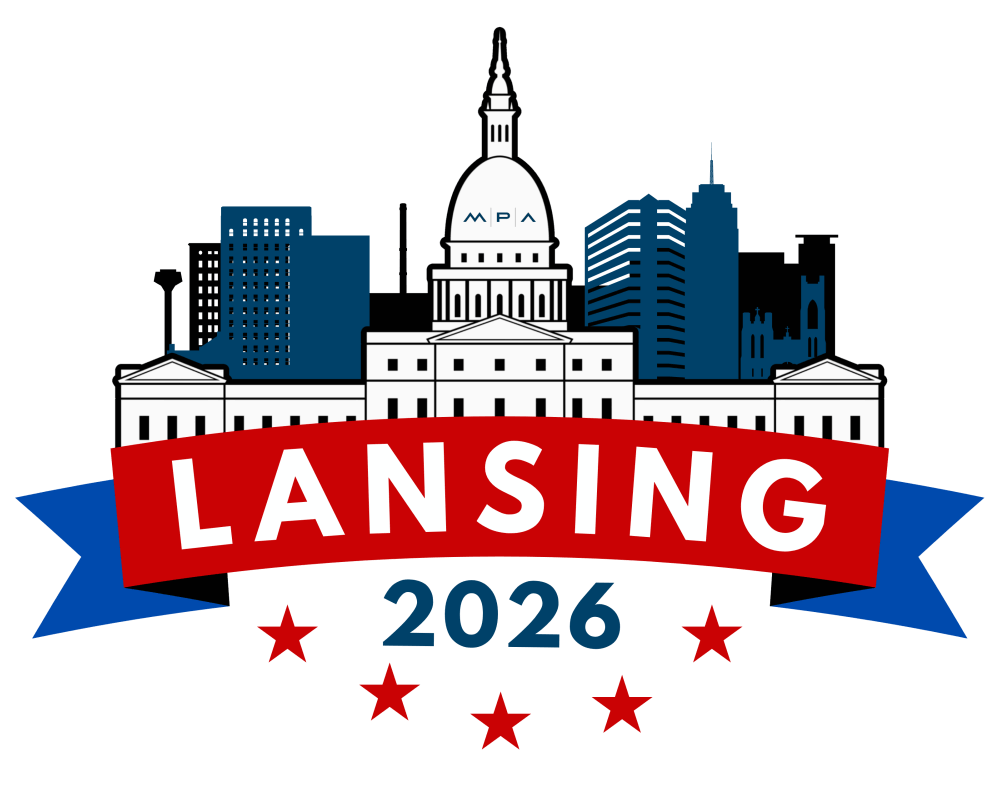The Michigan Pharmacists Association is the state professional society serving Michigan’s pharmacists, pharmacy technicians and student pharmacists in all settings of practices. For more than 140 years, MPA has strived to provide its members with the tools, resources and support needed to advance the profession of pharmacy and provide quality patient care.
Jan 8
Jan 8
Jan 21
MPA Annual Convention
& Exposition

The 2026 Annual Convention & Exposition (ACE) is scheduled as an in-person event taking place April 17-19, 2026,
at the Lansing Center.
Learn More
Renew or Join Today
MPA’s unique organizational structure provides you with numerous opportunities to network with other professionals in your area of practice. With your membership, you get free practice section and local association membership. Michigan is one of the FEW states that offer this!
Learn More
Advocate for Pharmacy

One way for members to get involved and give back is through advocacy. The most important way to advocate for pharmacy is by regularly contacting your elected officials and educating them on issues that are important to you and impact your daily practice.
Learn More



